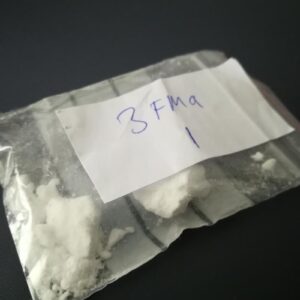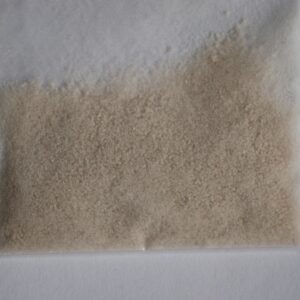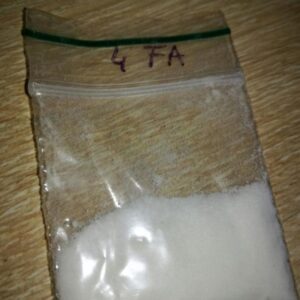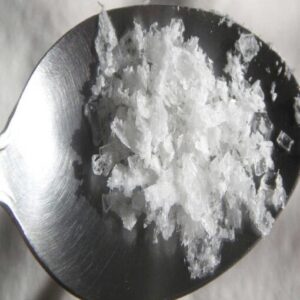Amphetamine & Methamphetamine
Amphetamine and methamphetamine are both substituted phenethylamines, meaning they belong to a broader class of chemical compounds called phenethylamines. They are also known as substituted amphetamines, as they are derived from the basic amphetamine structure. Amphetamine and methamphetamine are chemically related to naturally occurring trace amines like phenethylamine and N-methylphenethylamine.
-
Phenethylamine:
This is the parent compound of the phenethylamine class, including amphetamine and methamphetamine.
-
Amphetamine:
A substituted phenethylamine that is also the parent compound of the substituted amphetamines, a group of substances including bupropion, cathinone, MDMA, and methamphetamine.
-
Methamphetamine:
A substituted phenethylamine that is chemically related to amphetamine and other dimethylphenethylamines.
-
Substituted Amphetamines:
This broader class includes drugs like MDMA (ecstasy), and other “designer amphetamines”.
-
N-methylphenethylamine:
A naturally occurring trace amine that is a positional isomer of amphetamine, differing only in the placement of the methyl group.
-
AmphetamineAmphetamine belongs to the phenethylamine class. It is also the parent compound of its own structural class, the substituted amphe…
-
MethamphetamineMethamphetamine belongs to the substituted phenethylamine and substituted amphetamine chemical classes. It is related to the other…
-
Substituted amphetamine – WikipediaDuring World War II, amphetamines were used by the German military to keep their tank crews awake for long periods, and treat depr…
Showing all 4 results



